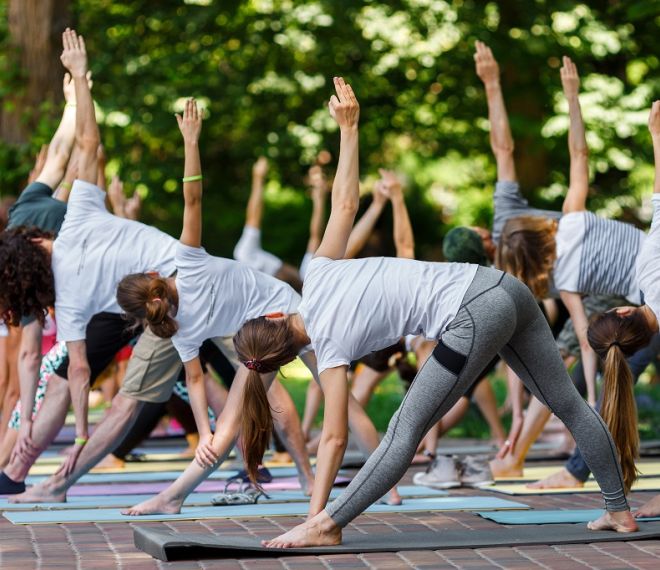Sports and hernia

What is a hernia?
A hernia is an acquired or congenital defect in the abdominal wall that allows the peritoneum and intestines or one of the abdominal organs to protrude through the hernial opening.
How can it develop?
The hernia can occur due to the expansion of the openings resulting from the anatomical structure, where normally only blood vessels, muscles, nerves or other structures leave the abdominal cavity. Post-surgery scars and acquired weaknesses of the abdominal wall also predispose to hernia formation.
The cause of a hernia that develops during sports, but often due to the lack of it, is that the balance of the muscles is disturbed and the sheaths that hold them, the fascia, are weakened. Therefore, even if the muscle has enough support, if the fascia does not, protrusion can occur. The tendency to connective tissue weakness can also be inherited. For some, this appears as a hernia, for others as varicose veins or hemorrhoids. In this case, regular exercise is even more important, which maintains the muscle sheaths and connective tissue fibers. With continuous loading, their strength increases, which also reduces the chance of developing a hernia.
The weak points
Femoral hernia, which mainly occurs in women, is also a special type of inguinal hernia. A hiatal hernia can form at the junction of the esophagus and the stomach. This can already occur at birth, but it often appears in those who have to do a lot of breathing work, for example wind players and trumpet players, but it can also develop after abdominal wall surgery. Abdominal wall weakness, for example after childbirth or sudden weight gain, the rectus abdominis muscles can also open. The separation of the abdominal muscles can be reduced or retracted with appropriate exercises.
In boys, shortly before birth, the testicles move downward from the abdominal cavity until they reach the scrotum, where a weak point occurs on the muscles. This explains why inguinal hernia is mainly a disease of men.
What does it have to do with sports?
During sports, due to sudden lifting and strong abdominal pressure, the muscles of the abdominal wall are pushed apart, as a result of which the pressure on the peritoneum falls on the abdominal cavity. It is common for a hernia to develop at the weakened points when you start playing sports with a sudden start and full effort.
Do it!
In milder cases, the pain should be alleviated first. Functional physical therapy can help, with the aim of strengthening the supporting muscles, mobilizing, correcting posture, and creating static-dynamic balance. With conservative treatment, however, the operation can only be postponed, the already formed hernia must be operated on.
If you would like to make an appointment for our surgery, you can do so via our telephone customer service at +36 1 790 7070 or online by clicking here !
